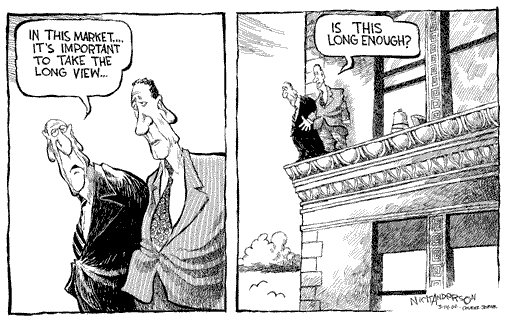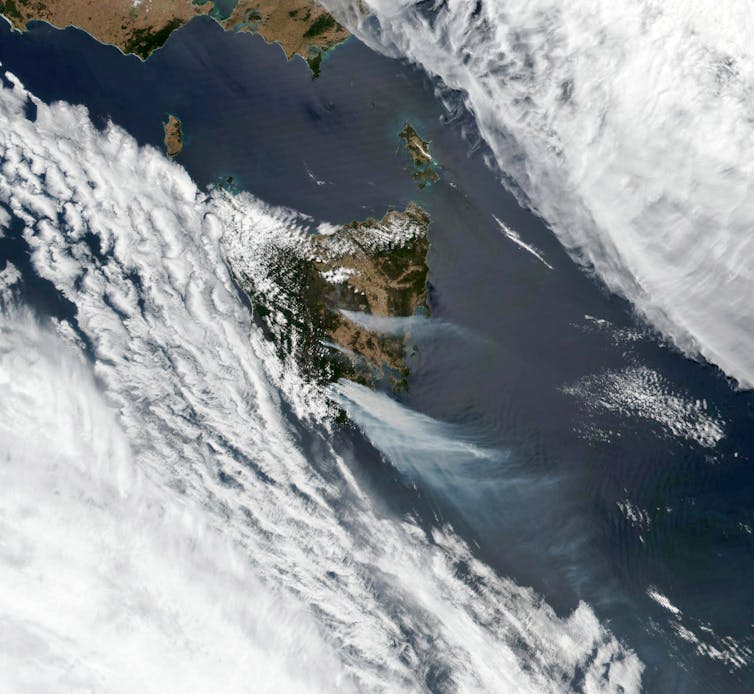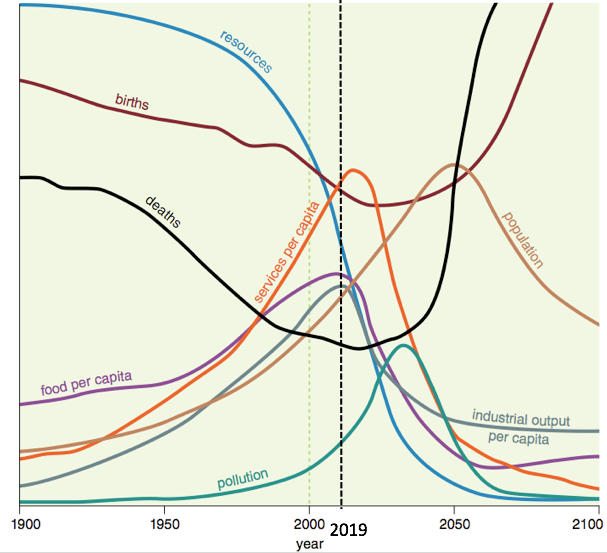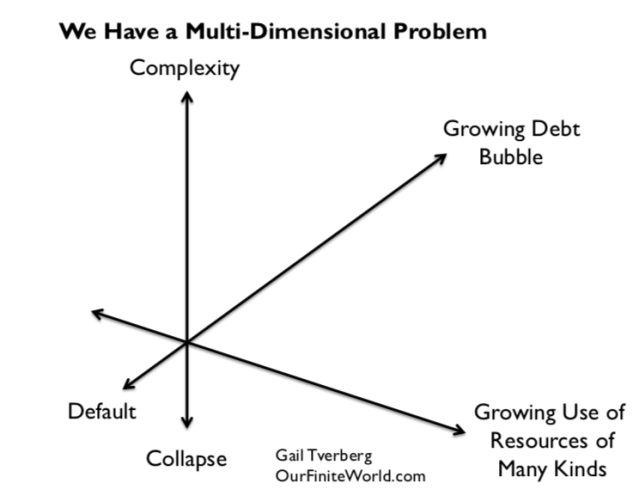2019: The Beginning Of The End (Free Premium Report)
What will happen next & what to do now
For ten long years, the world’s central banks have dragged everyone along for one last attempt at scaling Mount Credit.
At several points along the way, in 2011, in 2013 and then again in 2016 it seemed all but certain that the wrong route had been picked and all was lost. We warned people then about the risks, but to no avail. They found a way to navigate even higher from there.
And here we are again in 2018, warning everyone of the same risks. Starting back in August of 2018 we were questioning whether “it” had arrived and then were declaring that it had throughout October and November.
“Until and unless” the central banks reverse course 2019 will see even more of the same. More stock market volatility, more bond losses, and falling real estate. Eventually these credit stresses will impact those portions of the economy dependent on continued access to more dumb money.
Weak companies that cannot sustain themselves without borrowing more will go out of business and lay people off. Major corporations seeing that writing on the wall will reel in their own hiring and expansion plans.
Eventually all the of the highly leveraged trading strategies have to pack up shop and go home and that’s when we discover that these “markets” are as fake as a spray on sun tan. No actual liquidity, only the appearance of such as temporarily afforded by all the computer algos out there.
In a very successful attempt at holiday season humor, the Wall Street Journal finally noted that the equity markets had become dominated by computer algos, a fact we noted – oh – 7 years ago:
LEARN MORE
Follow Me By Email
Did you enjoy this post? Sign up for my daily digest to get the TOP daily posts, articles, reports and studies, like this Monday to Friday.
Disclaimer: The facts and opinions expressed within this article are the personal opinions of the author. Dr.Peter G Kinesa's Digest does not assume any responsibility or liability for the accuracy, completeness, suitability, or validity of any information in this article or video.












